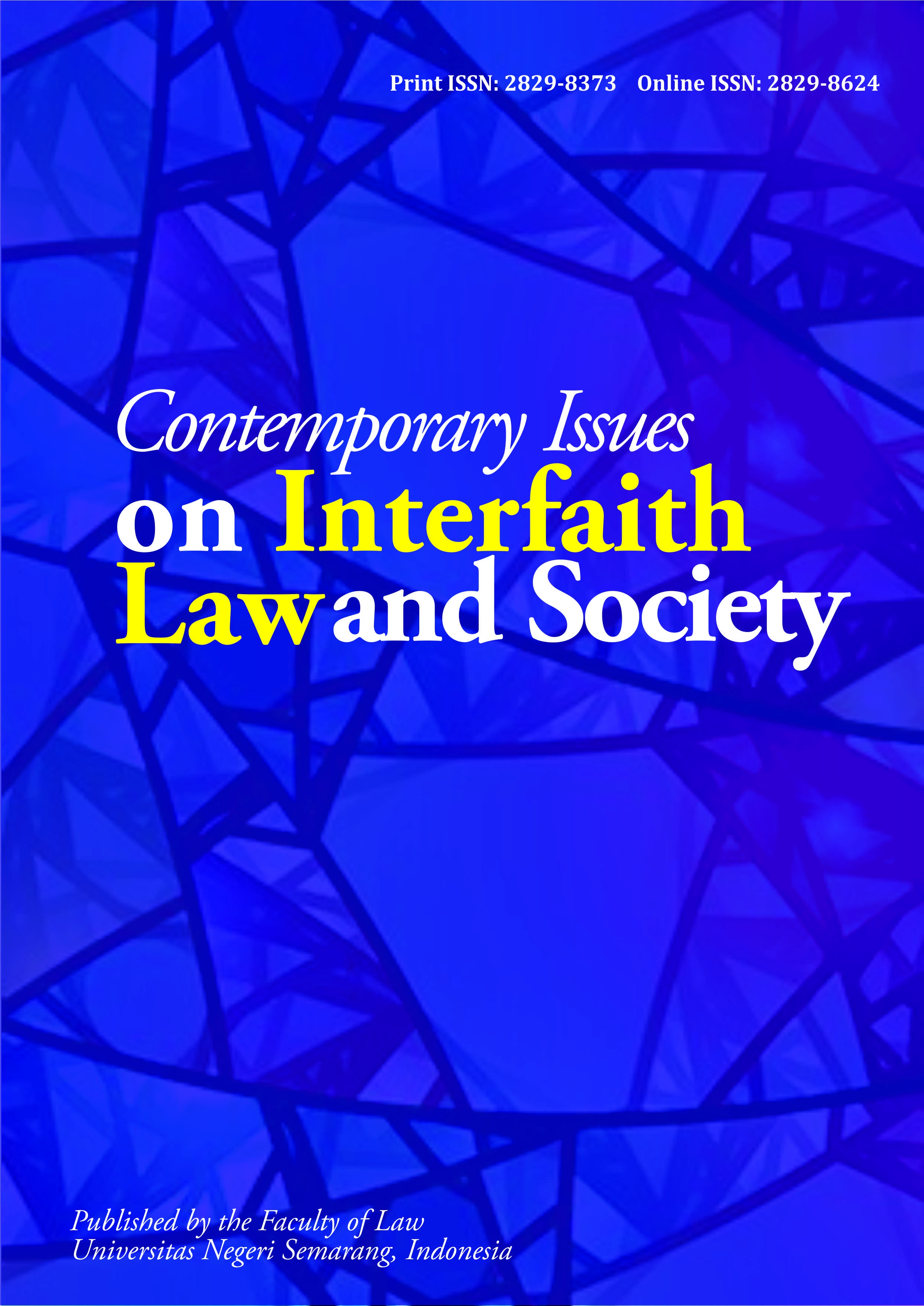Sacred Bonds or Sinful Ties? Interreligious Marriage in Islamic Law
Main Article Content
Abstract
Interreligious marriage remains one of the most debated issues in Islamic law, raising questions about faith, identity, and legal restrictions. Islamic jurisprudence, derived from the Quran, Hadith, and scholarly consensus, generally prohibits Muslim women from marrying non-Muslim men while allowing Muslim men to marry Christian or Jewish women under specific conditions. This distinction is rooted in concerns over religious continuity, familial stability, and the spiritual upbringing of children. The prohibition reflects the broader Islamic principle of maintaining faith within the household and preventing potential conflicts in religious obligations between spouses. Many Muslim-majority countries have incorporated these religious principles into their national legal frameworks, enforcing restrictions on interfaith marriages. These laws are justified on the grounds of protecting Islamic values and ensuring the predominance of Muslim identity within families. However, in an increasingly globalized world, where cultural and religious boundaries are more fluid, these restrictions face growing challenges. Critics argue that such prohibitions conflict with fundamental human rights, particularly the right to marry and religious freedom. Additionally, interfaith couples often encounter significant legal and social hurdles, including issues related to inheritance, child custody, and religious conversion. This study examines the theological, legal, and sociocultural foundations of the prohibition on interreligious marriage in Islam. By analyzing classical Islamic jurisprudence alongside modern legal and human rights perspectives, this paper explores how these restrictions impact Muslim communities today and whether evolving interpretations can accommodate interfaith unions in pluralistic societies.
